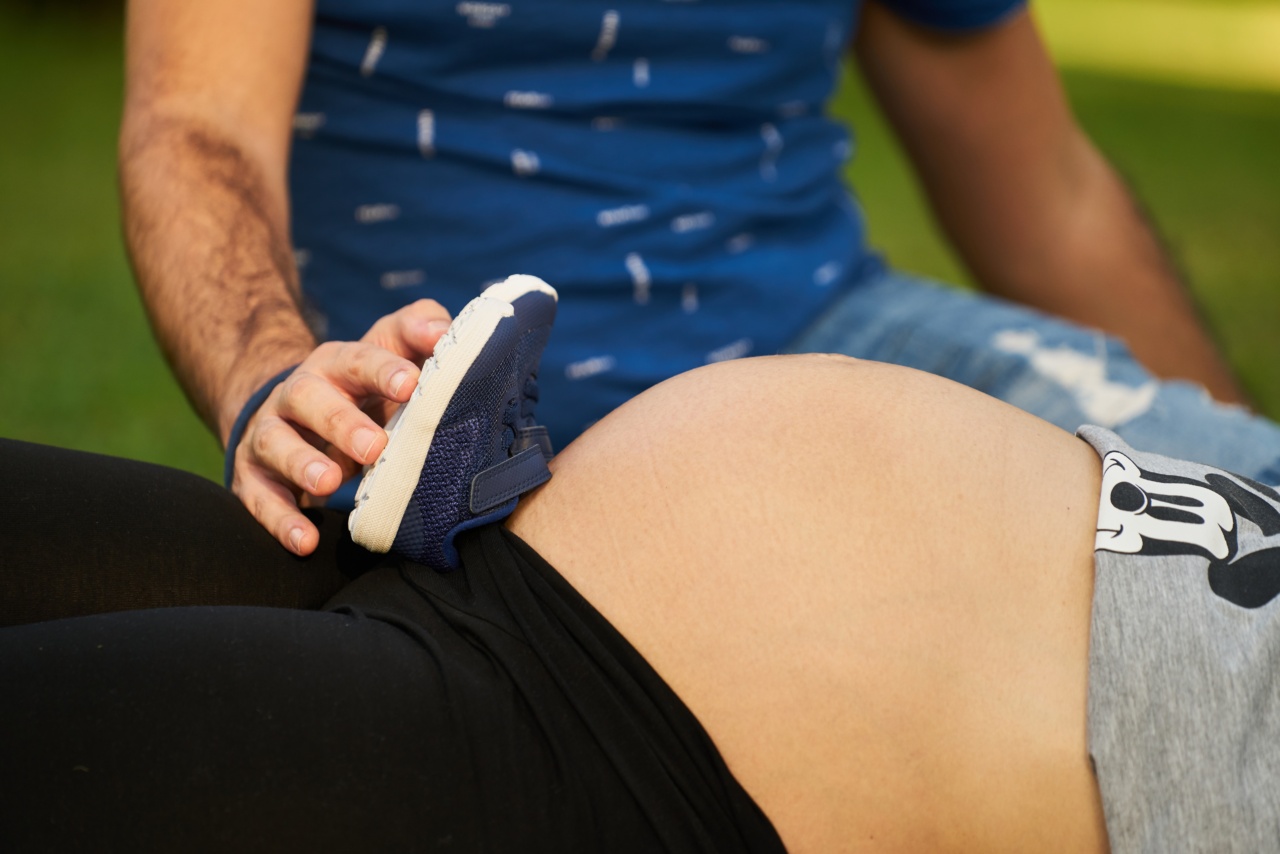Pregnancy is a challenging time for women, both physically and mentally. It is an exciting time as you are growing a new life inside of you, but it also brings many changes to your body and habits.
During pregnancy, women are more sensitive to various health complications such as gestational diabetes, high blood pressure, and anxiety. While many women perceive physical exercise as a potential risk factor during pregnancy, it can be one of the more critical parts of a healthy pregnancy.
Improves Heart Health
During pregnancy, the body’s blood volume increases by almost 50%. This increase is necessary to supply the nutrients and oxygen required by the developing baby and placenta.
However, this increase in blood volume also puts additional pressure on the heart and blood vessels, leading to cardiovascular complications in some women. Exercise helps keep the heart healthy by reducing blood pressure, improving blood circulation, and building endurance. A healthy heart and blood vessels ensure that the developing baby receives a steady supply of oxygen and nutrition.
Reduces Risk of Gestational Diabetes
Gestational diabetes is a type of diabetes that affects pregnant women. It develops around the 24th week of pregnancy and can cause severe complications for both the mother and baby.
The good news is that exercise can help prevent or control gestational diabetes by regulating blood sugar levels. Regular exercise, especially resistance training, improves the body’s insulin sensitivity and helps maintain healthy glucose levels.
Controls Weight Gain
Gaining weight during pregnancy is inevitable. The weight gain, however, needs to be kept in check to avoid complications such as preeclampsia, premature labor, low birth weight, and even cesarean delivery.
Exercise can help control weight gain by burning calories, building lean muscle mass, and increasing metabolism. The American College of Obstetricians and Gynecologists recommends about 150 minutes of moderate-intensity exercise per week during pregnancy.
Exercises that strengthen the core, pelvic, and back muscles are particularly beneficial to maintain a healthy weight.
Prevents Pregnancy-Related Back Pain
Pregnancy-related back pain is one of the most common complaints among pregnant women. The weight and posture changes during pregnancy can cause the center of gravity to shift, leading to back pain.
Exercise, particularly low-impact activities such as yoga and swimming, can help alleviate back pain by strengthening the back, core, and pelvic muscles. Stretching exercises help keep muscles and ligaments flexible and prevent muscle cramps and spasms.
Improves Mood
Pregnancy can be a rollercoaster ride of emotions. Anxiety, depression, and mood swings are common, especially during the first and third trimesters.
However, regular exercise can help release hormones such as endorphins that alleviate anxiety, reduce depression, and make you feel better overall. Exercise also improves sleep quality, reduces stress, and boosts energy levels. A healthy mom is a happy mom, and that is good for the baby’s well-being.
Boosts Immune System
During pregnancy, the immune system tends to be weaker than usual, making moms more susceptible to infections and illnesses.
Engaging in regular physical activities can help boost the immune system by increasing the production of white blood cells that fight infections. Exercise also improves lymphatic circulation and reduces inflammation in the body that can lead to various health complications.
Prepare for Labor and Delivery
It’s no secret that labor and delivery can be challenging for moms. Engaging in regular exercise during pregnancy prepares the body for the physical demands of labor and delivery.
Exercise strengthens the pelvic floor muscles, which play a vital role in childbirth. Additionally, endurance exercises such as walking and swimming prepare the body for the extended periods of physical activity required during labor.
Better Postpartum Recovery
The benefits of exercise during pregnancy do not end at childbirth. Regular exercise during pregnancy prepares the body for postpartum recovery. The weight gained during pregnancy can take time to lose, and regular exercise can hasten the process.
Strengthening core and pelvic muscles can also help prevent urinary incontinence and other postpartum complications. Additionally, exercise can help moms manage postpartum depression and anxiety, which can be a significant concern.
Relaxation Benefits for Mom and Baby
Elevated stress levels affect both mom and baby during pregnancy. Several activities can help alleviate stress, but exercise tends to stand out from the rest for several reasons.
As mentioned earlier, exercise releases endorphins, which are natural stress-relievers. Exercise also helps with better sleep and reduces anxiety levels. Once the baby is born, exercise can help sleeping babies. Babies of moms who were active during pregnancy tend to be more relaxed and less agitated due to the calming effects of activity.
Conclusion
Pregnancy can be a challenging yet exciting journey for moms, and regular physical activity can help make the journey smoother.
Exercise is beneficial for both the mom and baby and can help prevent complications such as gestational diabetes, high blood pressure, and urinary incontinence. A healthy mom is a happy mom, and that is good for the baby’s development. Consult your doctor to determine what type of exercise is best for you, and enjoy a healthy pregnancy.






























